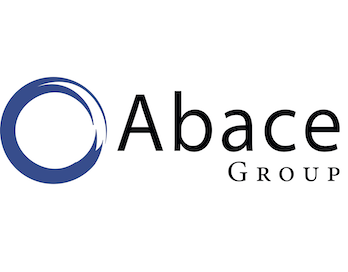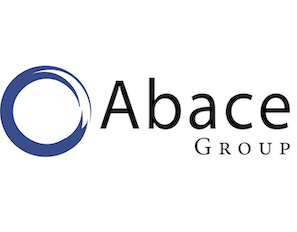CARBON OFFSETTING or EFFICIENT OPERATIONS?
The accelerated effects of climate change are becoming more evident, and the aviation industry emissions are as high as Japan’s. Whereas carbon offsetting is proving to be somewhat beneficial, it moves the pressure away from the root problem: the inefficiencies in the commercial aviation sector. What other options do we have? EFFICIENT OPERATIONS.
In ABACE we focus on operations, and these are three elements any size airline should look into improving. When properly implemented, these initiatives can amount to more than 1% of your current yearly emissions and fuel consumption.
1. LOOKING AHEAD == LOOKING GOOD
Before departing, a flight plan is calculated. But things change, don’t they?
Enabling pilots to make live decisions on the air and learning from the outcomes, allows them to change these plans and avoid storms and other bad weather situations, while the system automatically improves their flight paths. This will not only lead to a significant improvement on consumption but also to fewer delays for happier customers.
2. BALANCE, BALANCE, BALANCE
The horizontal stabilizer maintains the aircraft in longitudinal balance during cruise. The required force (and consequently fuel) depends on the distance from it to the centre of gravity of the aircraft. The longer, the more force, the more fuel.
Applying optimisation systems to your cargo loading operations can significantly reduce this distance and fuel savings in the order of MILLIONS of $ per year can be achieved.
3. LOSING WEIGHT
How many things do you carry under a “just in case” policy? Same thing happens in commercial aviation. Focused on maintaining an assumed high level of service for the passengers, some elements such as catering are overloaded.
With advanced custom Machine Learning methods, we can achieve extremely accurate predictions on these elements per route, per flight, even per day and can eliminate the equivalent of the “empty calories” in aviation and reduce your carbon emissions.
In ABACE, we strongly believe that significant operational improvements are a need, and firmly work towards optimising the aircraft handling activities on the ground to help reduce fuel consumption and emissions while flying.



